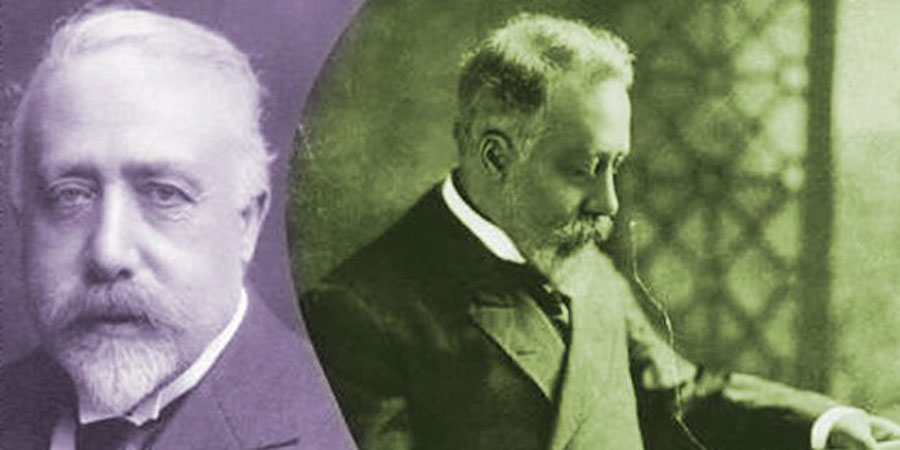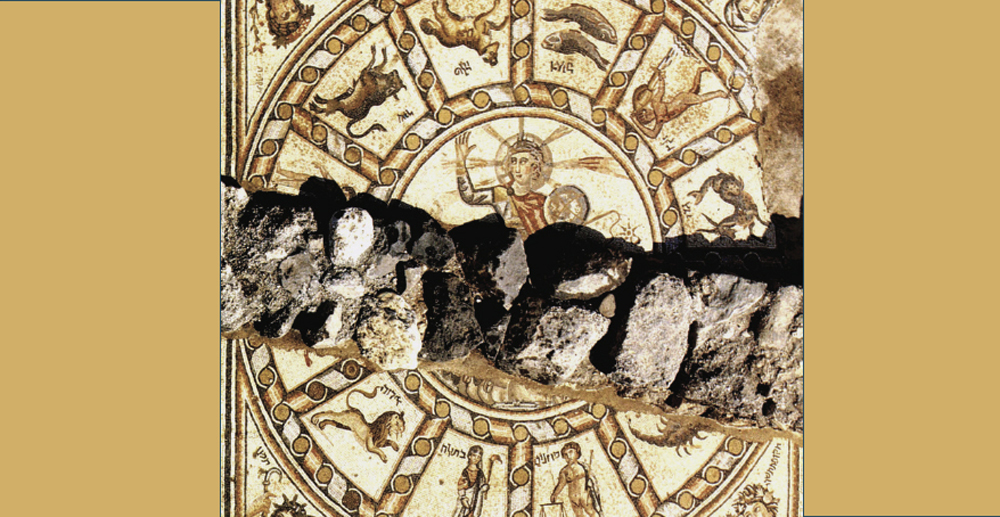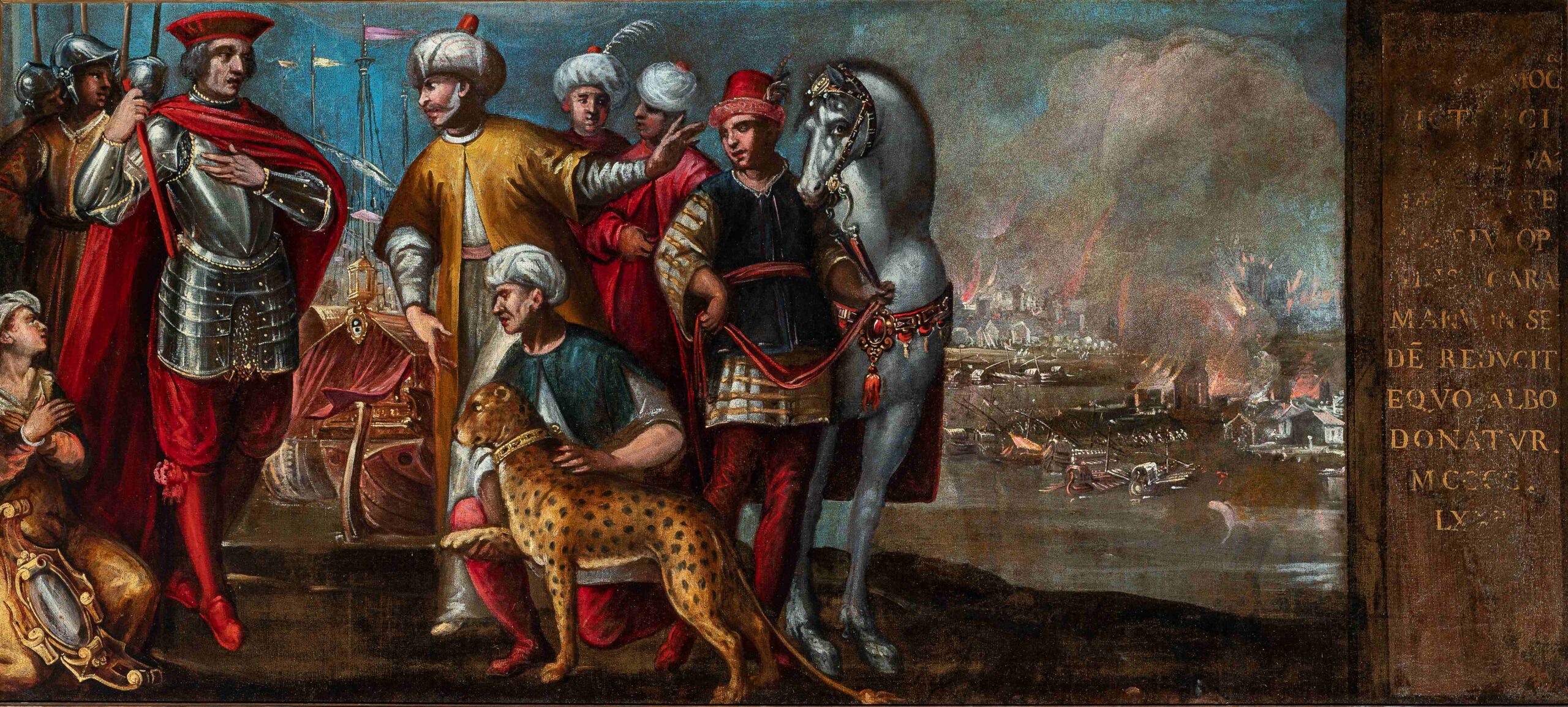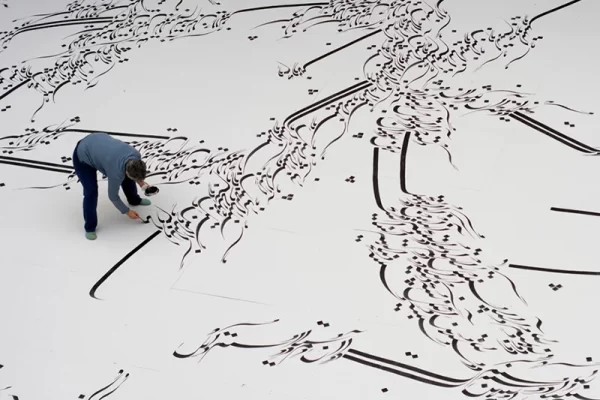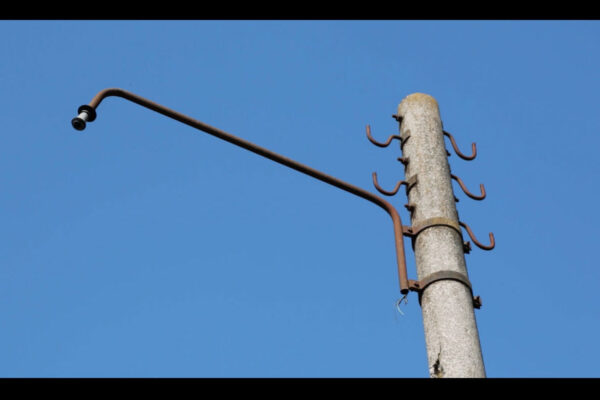Judith Goldstein, The Volterra Chronicles: The Life and Times of an Extraordinary Mathematician 1860-1940, American Mathematical Society, 2007
The life of Vito Volterra, one of the finest scientists and mathematicians Italy ever produced, spans the period from the unification of the Italian peninsula in 1860 to the onset of the Second World War–an era of unparalleled progress and unprecedented turmoil in the history of Europe. Born into an Italian Jewish family in the year of the liberation of Italy’s Jewish ghettos, Volterra was barely in his twenties when he made his name as a mathematician and took his place as a leading light in Italy’s modern scientific renaissance. By his early forties, he was a world-renowned mathematician, a sought-after figure in European intellectual and social circles, the undisputed head of Italy’s mathematics and physics school–and still living with his mother, who decided the time was ripe to arrange his marriage. When Italy entered World War I in 1915, the fifty-five-year-old Volterra served with distinction and verve as a lieutenant and did not put on civilian clothes again until the Armistice of 1918. By 1925, he was president of the world’s oldest scientific society, the Accademia dei Lincei, the founder and president of Italy’s National Research Council, a mentor to the brilliant and restless Enrico Fermi, and “Mr. Italian Science” to the rest of the world. But none of this was enough to keep the government of Benito Mussolini from stripping him of all his honors and affiliations in 1931, when he was one of only twelve professors in the entire country to refuse to sign an oath of loyalty to the Fascist regime.
 This book, based in part on unpublished personal letters and interviews, traces the extraordinary life and times of one of Europe’s foremost scientists and mathematicians, from his teenage struggles to avoid the stifling life of a “respectable” bank clerk in Florence, to his seminal mathematical work–which today influences fields as diverse as economics, physics, and ecology–and from his spirited support of Italy’s scientific and democratic institutions during his years as an Italian Senator, to his steadfast defiance of the Fascists and Mussolini. In recounting the life of this outstanding scientist, European Jewish intellectual, committed Italian patriot, and devoted if frequently distracted family man, The Volterra Chronicles depicts a remarkable individual in a prodigious age and takes the reader on a vivid and splendidly detailed historical journey.
This book, based in part on unpublished personal letters and interviews, traces the extraordinary life and times of one of Europe’s foremost scientists and mathematicians, from his teenage struggles to avoid the stifling life of a “respectable” bank clerk in Florence, to his seminal mathematical work–which today influences fields as diverse as economics, physics, and ecology–and from his spirited support of Italy’s scientific and democratic institutions during his years as an Italian Senator, to his steadfast defiance of the Fascists and Mussolini. In recounting the life of this outstanding scientist, European Jewish intellectual, committed Italian patriot, and devoted if frequently distracted family man, The Volterra Chronicles depicts a remarkable individual in a prodigious age and takes the reader on a vivid and splendidly detailed historical journey.


